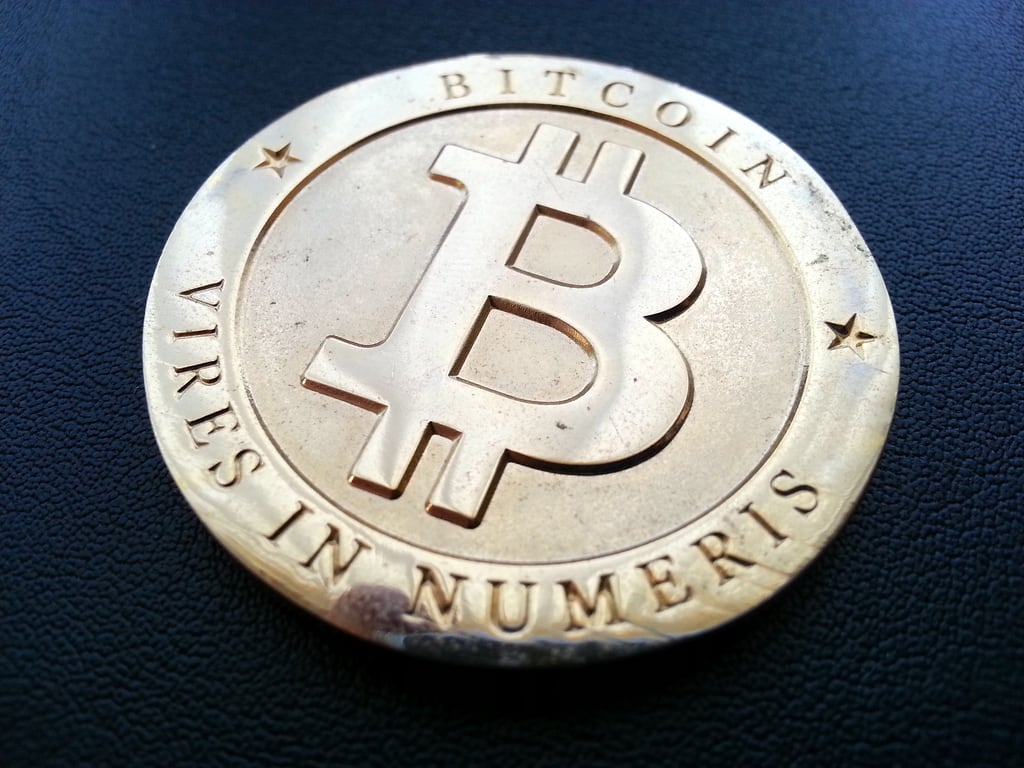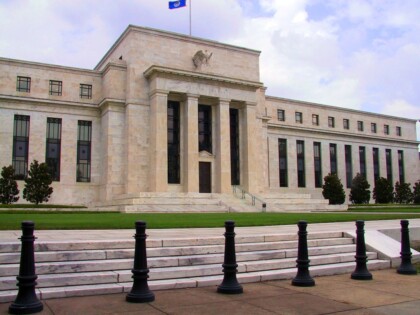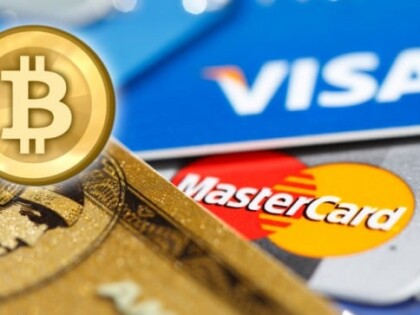
Have governments and central banks finally gained the upper hand on virtual currency users? After two countries announced new efforts to garner more control over bitcoin and other digital currencies, some bitcoiners are concerned that anonymity and privacy efforts will be eviscerated with updated regulations.
With Argentina facing unprecedented rates of inflation, a destruction of the peso and numerous shortages, citizens are looking to protect their wealth by transferring their assets into bitcoins, gold and other valuable goods. This has caused the government to react vociferously.
Argentina’s Financial Intelligence Unit (FIU) – Unidad de Información Financiera (UIF) – has mandated all financial institutions to report every single digital currency transaction, whether they’re in bitcoin or litecoin, dogecoin or peercoin, to the government, according to Resolution 300/2014.
Citing concerns over money laundering schemes and terrorism financing, Argentina will require each bank to file monthly digital currency reports to the FIU. Financial institutions will have to allocate their resources to hone in on accounts affiliated with cryptocurrencies and monitor each client’s business dealings.
The new rule will commence in August.
“Virtual currencies are often traded remotely online. The movement of assets, and that entities from different countries can participate in the same jurisdictions that do not have controls to prevent money laundering and financing of terrorism, make it difficult for regulated entities to detect suspicious transactions.”
France Follows Bitcoin Route
Soon after Argentina announced the authoritative measures relating to bitcoin, the French government also confirmed its newest rules that will be completely instituted by the end of this year and will be mandated to all banks and financial service companies.
The finance ministry stated that bitcoin distributors and other digital currency establishments need to collect the identities of their customers before creating an account. Essentially, this means that governments will have the names of each individual that uses digital currencies. If this is not abided by then banks will not be permitted to do business with them.
Furthermore, the finance ministry updated its tax rules: bitcoin profits will be subjected to a capital gains tax and virtual currencies will be classified as assets to make a person richer, which means it’ll be subjected to something called a “fortune tax.”
Akin to Argentina, the premise behind these new rules is to prevent money laundering schemes and illicit transactions.
“This report shows that even if the existing volumes of virtual currencies are not likely to destabilize the financial system, these unofficial currencies are developing and have risks of illegal or fraudulent use,” French Finance Minister Michel Sapin averred in a statement.
There have been mixed sentiments over these new regulations. One group says that it helps further legitimize bitcoin and the cryptocurrency industry by making it more transparent, while others say it simply cracks down on those who dissent against fiat money and eliminates the anonymity and privacy of consumers.
At the time of this writing, bitcoin remains steady at around the $620 mark.







